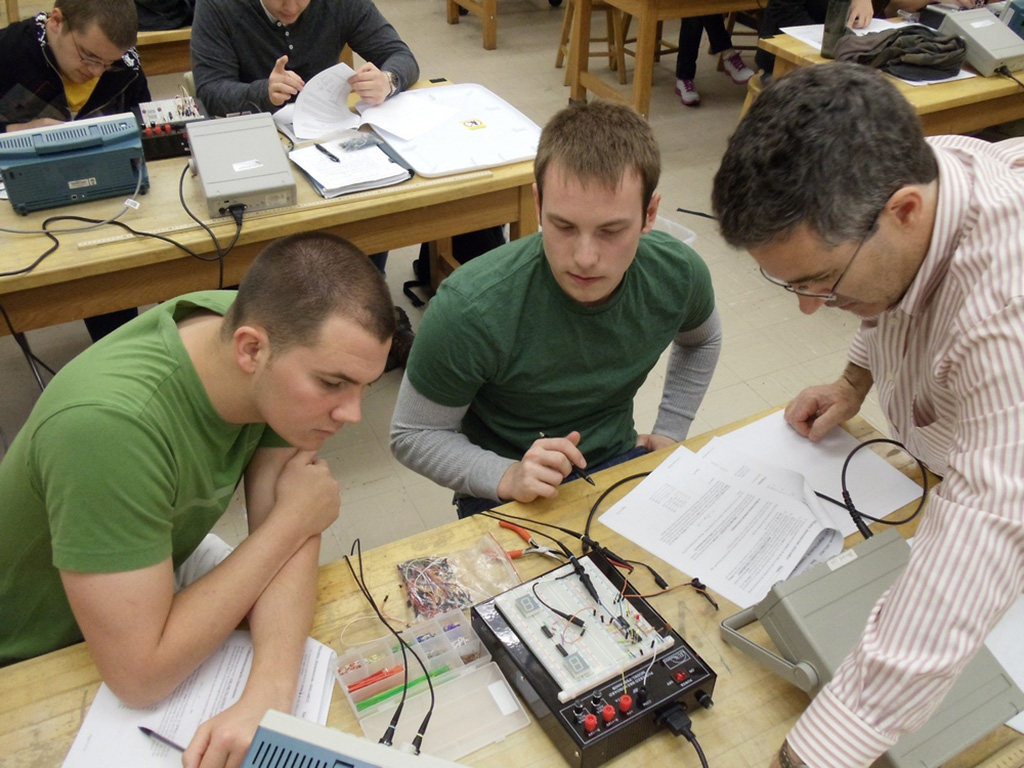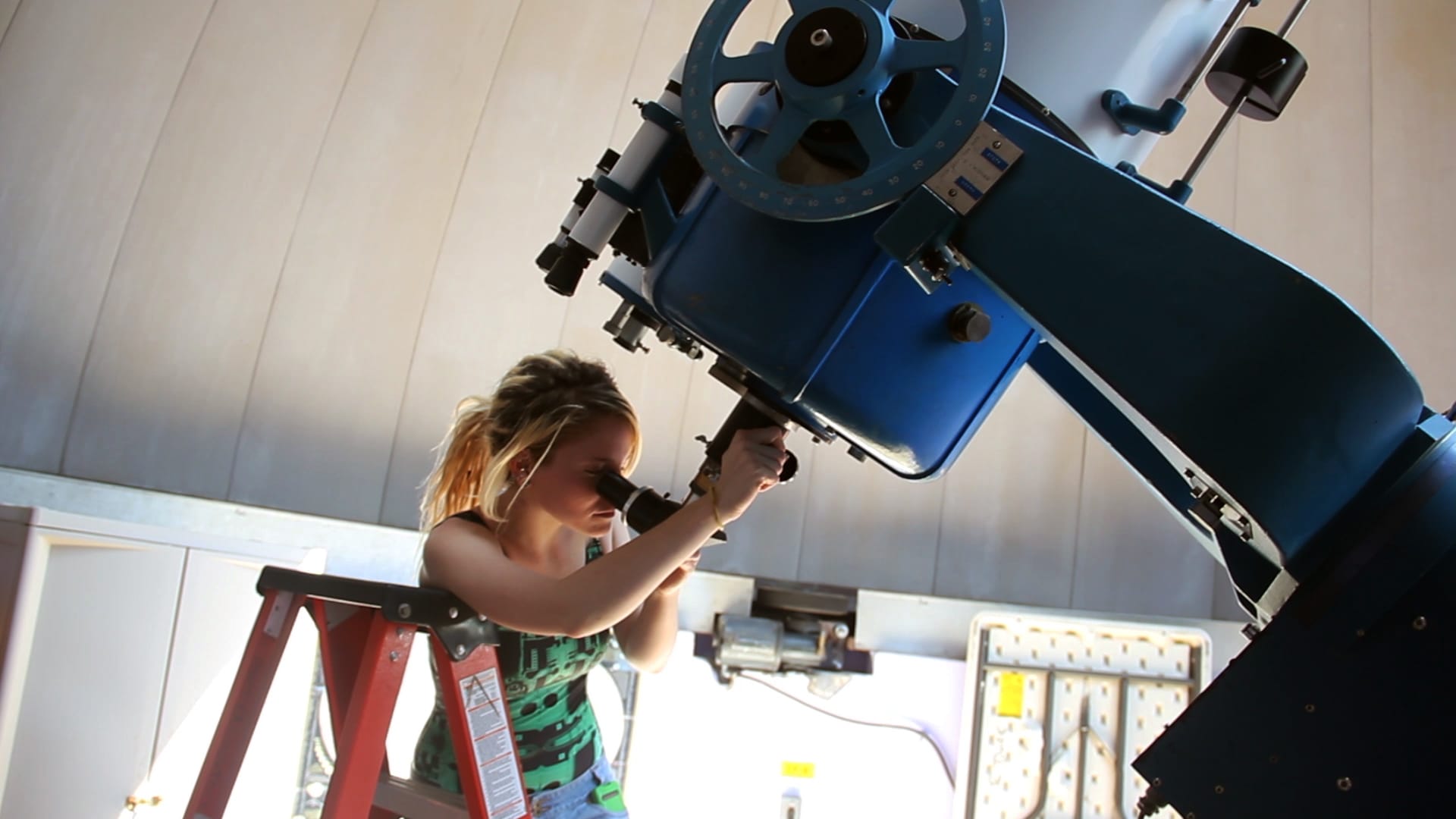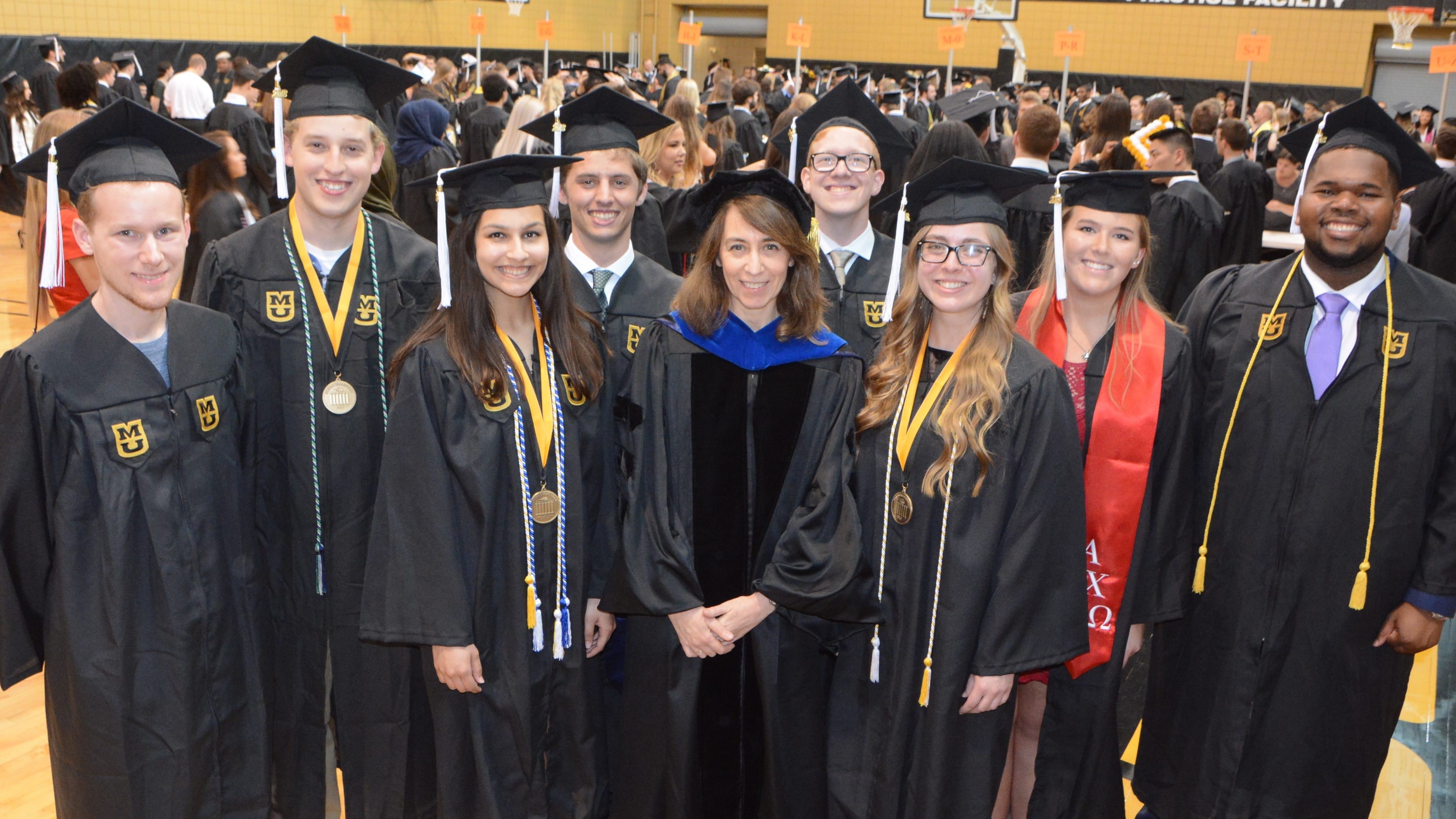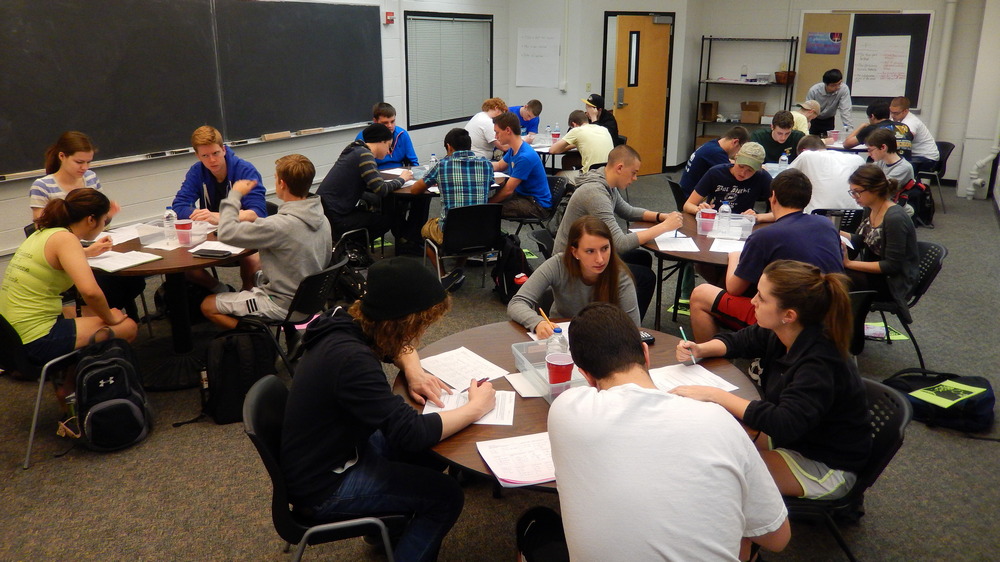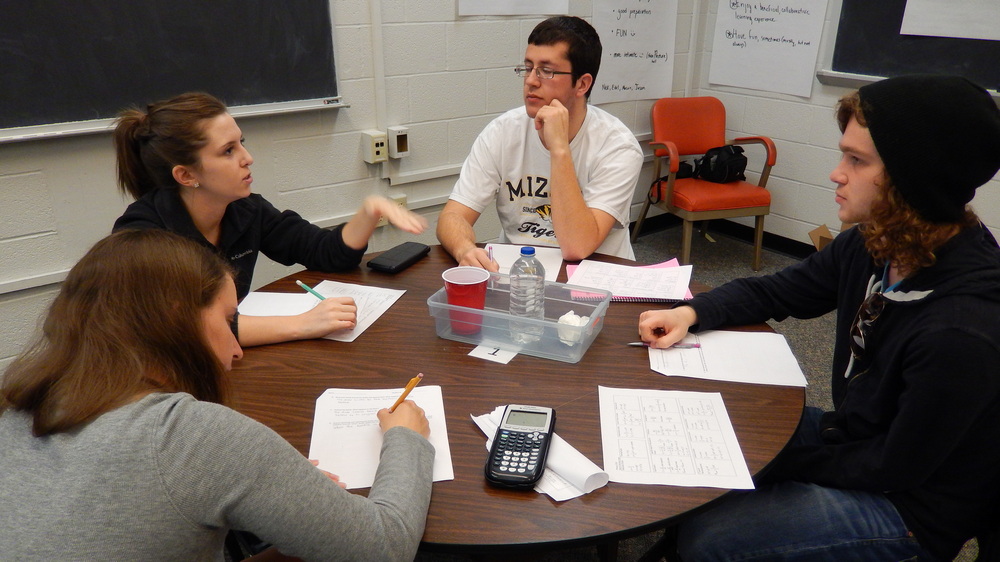Why Study Physics?
Physics is the science that studies the structure and properties of matter and transformations of energy. With math as the language and experimental verification as a guide, physical study has established the fundamental laws of nature that are the foundation of all natural science and technology. The study of physics includes learning the general principles and the phenomena that have been discovered and developing the skills that enable such knowledge to be advanced through research. An undergraduate degree in physics will give you a deep understanding of the most fundamental forces in the Universe, and give you problem-solving skills that are valued in both academia and industry.
Astronomy is the study of all phenomena outside the limits of our planet. It involves the application of physics to interpretation of observable phenomena from the near-space environment surrounding the earth to the distant limits of the universe. Astronomical science is a smaller field than physical science, but employment opportunities at the bachelor’s level exist in federal laboratories (NASA), at other institutions where there are telescope and planetarium operations and in some industrial laboratories. More direct involvement in astronomical research or employment at the university level or at a major research laboratory requires a graduate degree.
Department Links
Campus Links
Careers with a degree in physics
The study of physics and astronomy is the starting point for many career opportunities; training in physics allows immense flexibility for the future in terms of additional study and in the ability to fit into jobs and job training in many areas. A traditional path is to continue the study of physics/astronomy in graduate school to earn a master of science or a doctor of philosophy degree – a necessary achievement to be qualified to continue research in a college or university or to teach at a university of college level.
With the discipline and training that goes with a physics degree, students can go into prestigious physics careers, medicine, engineering, teaching, nuclear engineering, space and atmospheric research, acoustic and petroleum explorations, finance, computer science, biophysics, etc. Physics majors are hired by universities, national laboratories, observatories and science museums, industry (e.g. electronics, building design, medical instrumentation, communications, engineering, noise pollution, sound recording, film production, etc) semiconductor, petroleum, mining, and exploration companies, biomedical firms (biotechnology, environment, pharmaceuticals), defense agencies and contractors, consulting (Wall Street) and Information Technology (IT) firms. For additional information on career paths see Resources.
Visiting the Department
Contact
MU Office of Admissions
230 Jesse Hall
Columbia, MO 65211-1300
phone: 573-882-7786 or
1-800-225-6075 (toll free for MO and IL)
fax: 573-882-7887
email: mu4u@missouri.edu

